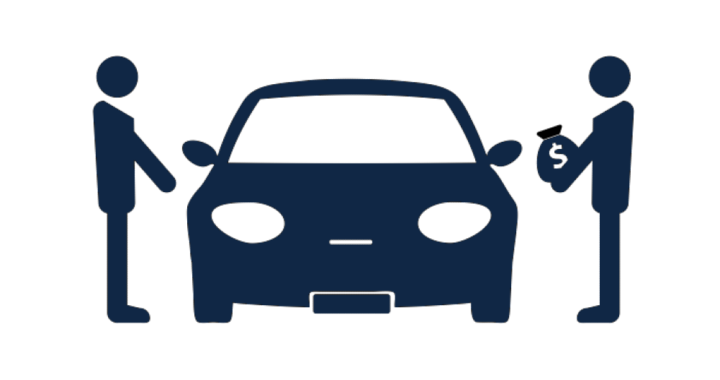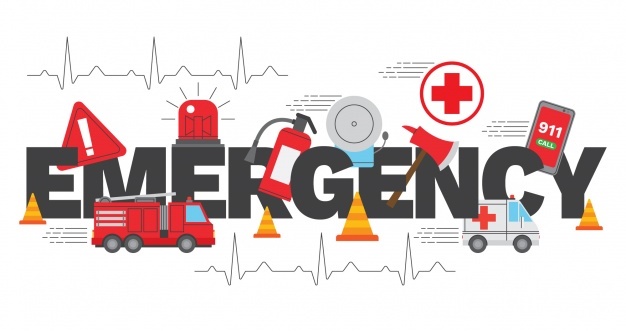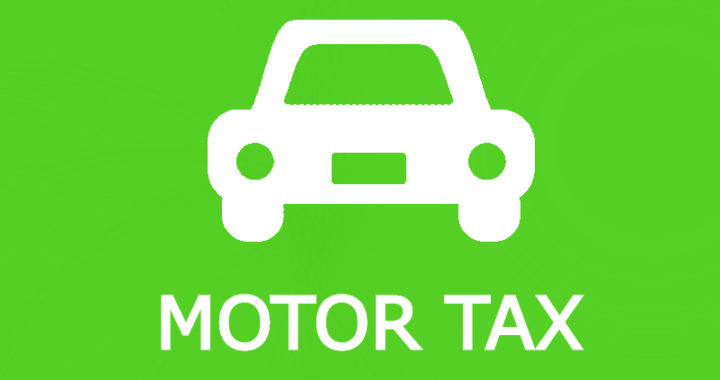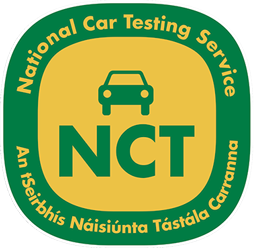Motor Insurance

It is a legal requirement to have motor insurance if you want to drive your car in a public place and you must produce a current Certificate of Insurance to pay motor tax. Failure to have motor insurance when driving is a very serious offence and drivers will incur fines, penalty points and may be disqualified from driving. (See ‘Rules’ below).
Motor insurance is about protecting other road users as opposed to the driver of the insured vehicle and it is not an optional extra. Insurance companies provide motor insurance and unlike road tax, there is no such thing as a “standard” rate.
Traditionally, gender has been one of the factors that insurance companies consider when calculating risk. Arising from a ruling on a case brought before the European Court of Justice, since 21 December 2012 insurance companies can no longer quote a different price for motor insurance based on gender. Further information on the introduction of unisex insurance (pdf) is available on the Department of Justice and Equality’s website.
Young drivers represent a high risk for insurers and the cost of motor insurance in this age group is considerably higher than for others both in Ireland and throughout the European Union (EU).
Types of motor insurance policy
The most basic insurance is “third party” and this is the minimum required by law. However, third party is only one of three main categories.
- Comprehensive
This is the most expensive type of insurance on the market and covers you for almost every eventuality: any damage done to the vehicle regardless of how it was incurred; life/accident insurance; loss of personal belongings from the car; the cost of a hired car if the insured car is off the road as a result of an accident; windscreen breakage, etc. With more brand-new cars on the road than ever before, there has been a notable rise in people taking out comprehensive insurance. A brand-new car should be comprehensively insured.
- Third-party, fire and theft
This is the most popular form of motor insurance in Ireland. It covers you for loss of the vehicle through fire or theft and for any loss as a result of attempted fire or theft. Damage to property is also covered. There are also optional extras available such as windscreen breakage.
- Third-party
This is the minimum cover required by law, but it does have restrictions and limits, leaving you open to a substantial loss in the event of an accident. If you are at fault, then only your passengers and the driver and passengers of the other vehicle will be compensated. This type of insurance provides no cover for damage sustained in an accident to your car or if your car is stolen or goes on fire.
How is your premium calculated by insurance companies?
An insurance company considers many things when calculating an insurance premium. Most premiums are based on basic third party cover with the cost of extras added on. The main thing that will determine the cost of your insurance is what you actually want to be covered for. The following are always taken into account:
- Licence: Whether you are driving on a full or provisional licence.
- Size and age of car: A new car is more expensive to replace than an old car and will cost more to insure. Likewise, the more powerful the car you drive, the more it will cost to insure.
- Age of the driver: The young and the old represent high-risk categories and pay more for insurance.
- Value of the car: The value of a car is taken into account for third party, fire and theft and for comprehensive insurance.
- Experience: Insurance becomes less expensive with experience and a clean driving record.
- Profession and use: A standard policy covers the vehicle for social, domestic and pleasure purposes, but not for the carriage of goods.
- Excess and extras: Most insurance policies contain some type of an excess clause. This means that the policyholder is liable for an agreed amount towards the cost (windscreen breakage, car hire in the event of the car being off the road, loss of personal effects, etc.)
- No-claims discount: A no claims discount (also known as no claims bonus) is built up over the years and gives the policyholder a substantial reduction in the cost of his or her premiums. The ceiling for a no claims bonus is usually around 60%, leaving someone who has never had a claim with only 40% to pay. In the event of a minor accident, it is sometimes cheaper to pay for any damage out of your own pocket rather than claiming from your insurance and losing your no claims bonus. If you make a claim and subsequently lose your no claims bonus, you can build it up again in a few years. Some insurance companies will even allow you one claim without it affecting your no claims bonus. If you have no insurance in your own name for 2 or more years, many insurers will not give you your no-claims discount when you reapply for insurance cover.
The table below explains the level of protection given by each type of insurance:
| THIRD PARTY | THIRD PARTY FIRE AND THEFT | COMPREHENSIVE | |
| Claims by another person as a result of damage caused by your car: | |||
| Damage to their car | Y | Y | Y |
| Damage to their property e.g. wall or bicycle | Y | Y | Y |
| Personal injury | Y | Y | Y |
| Claims by you: | |||
| Damage to your car as a result of fire or theft | N | Y | Y |
| Theft of items from your car | N | N | Y
Note: you will need to check your policy document as this is not always offered. |
| Damage to your property, for example, wall, fence etc. | N | N | Y |
| Personal injury | N | N | Y
Note: you will need to check your policy |
Rules
You must have motor insurance to drive a car in your own name or as a named driver on someone else’s policy.
Failure to have motor insurance or driving without insurance in Ireland is generally punishable by:
- A fine of up to €5,000
- 5 penalty points and
- At the discretion of the court, a term of imprisonment not exceeding six months.
The court may decide that you be disqualified from driving instead of incurring penalty points. In that case, you will be disqualified for 2 years or more for a first offence and 4 years or more in the case of a second offence committed within 3 years of the first.
You should note that where a member of An Garda Síochána (Irish police force) believes that a vehicle registered in Ireland (or outside Ireland) is being used in a public place without insurance, the vehicle may be impounded.
If you are refused motor insurance
Individual insurers have the right to refuse you cover, but they must provide you with a reason for the refusal should you ask for one. However, even though you have been refused cover, you are entitled to go to the Declined Cases Committee of Insurance Ireland who will obtain an insurance quotation for you. In order for the Committee to consider your case, you must first have sought and been refused quotations in writing from at least three insurers.
Tips on cutting car insurance costs
| TIPS ON CUTTING COSTS | MORE INFORMATION |
| Shop around and bargain |
|
| Think about how you buy your insurance |
|
| Pay your insurance in one go |
|
| Get the right level of cover |
|
| Get your full licence |
|
| Try to be as realistic as possible when estimating the value of your car |
|
| Avoid driving convictions and penalty points |
|
| Change where you park your car |
|
| Think about adding named drivers to your policy |
|
| Build up your no claims discount |
|
| Pay a higher excess |
|
| Choose your car wisely |
|
| Decide if you need to use your car for work – if so, you need different cover |
|
| Try to get insurance in your own name |
|
| Young drivers |
|
Renewing your motor insurance
Your motor insurance company must issue your insurance renewal notice at least 20 working days before the date of expiry of your insurance policy. Your no claims discount certificate must also be included with the renewal notice. You will need this certificate if you want to renew your motor insurance with a different insurance company.
From 1 November 2019, when your insurance is due for renewal, your insurance provider must give you:
- Details of the premium paid for motor insurance in the previous year
- Quotations for all the policy options available to you, such as comprehensive, third party fire and theft, and third party only
References:
- Citizens information: https://www.citizensinformation.ie/en/travel_and_recreation/motoring_1/motor_tax_and_insurance/motor_insurance.html
- Competition and Consumer Protection Commission CCPC
https://www.ccpc.ie/consumers/cars/car-insurance/










